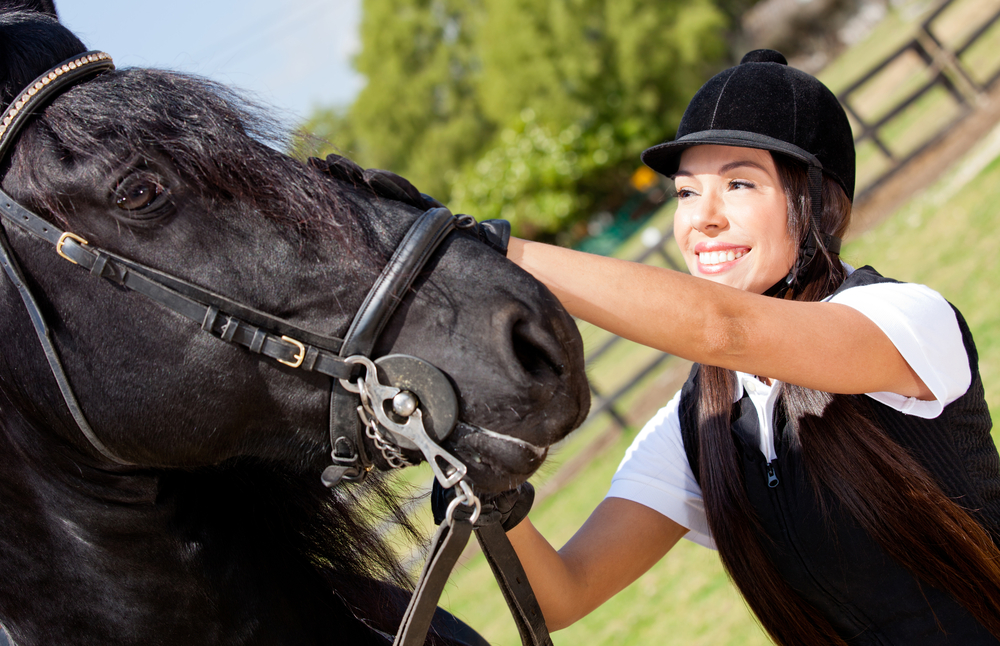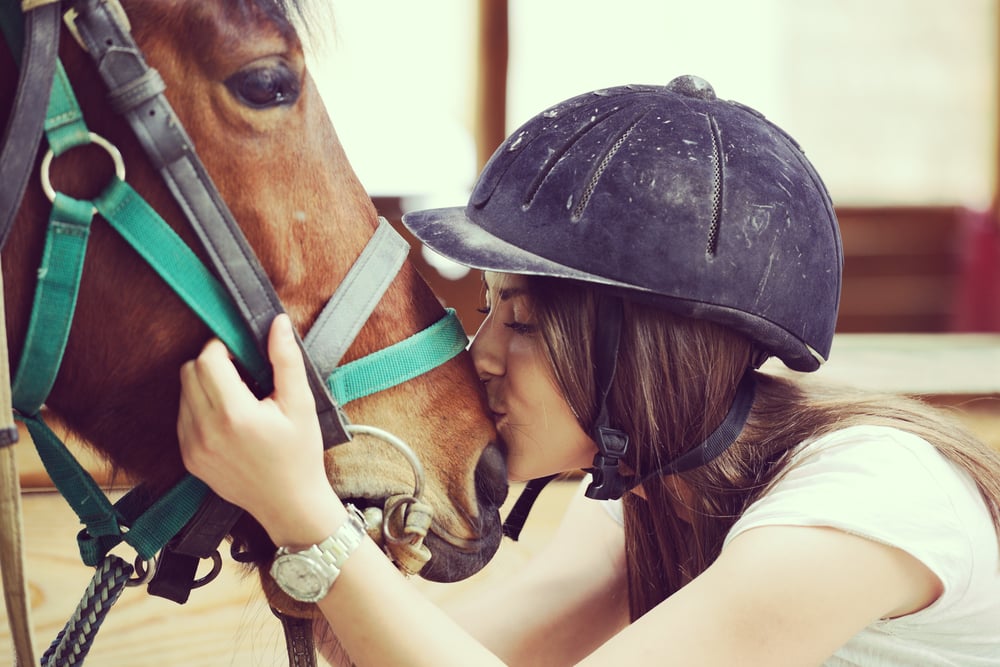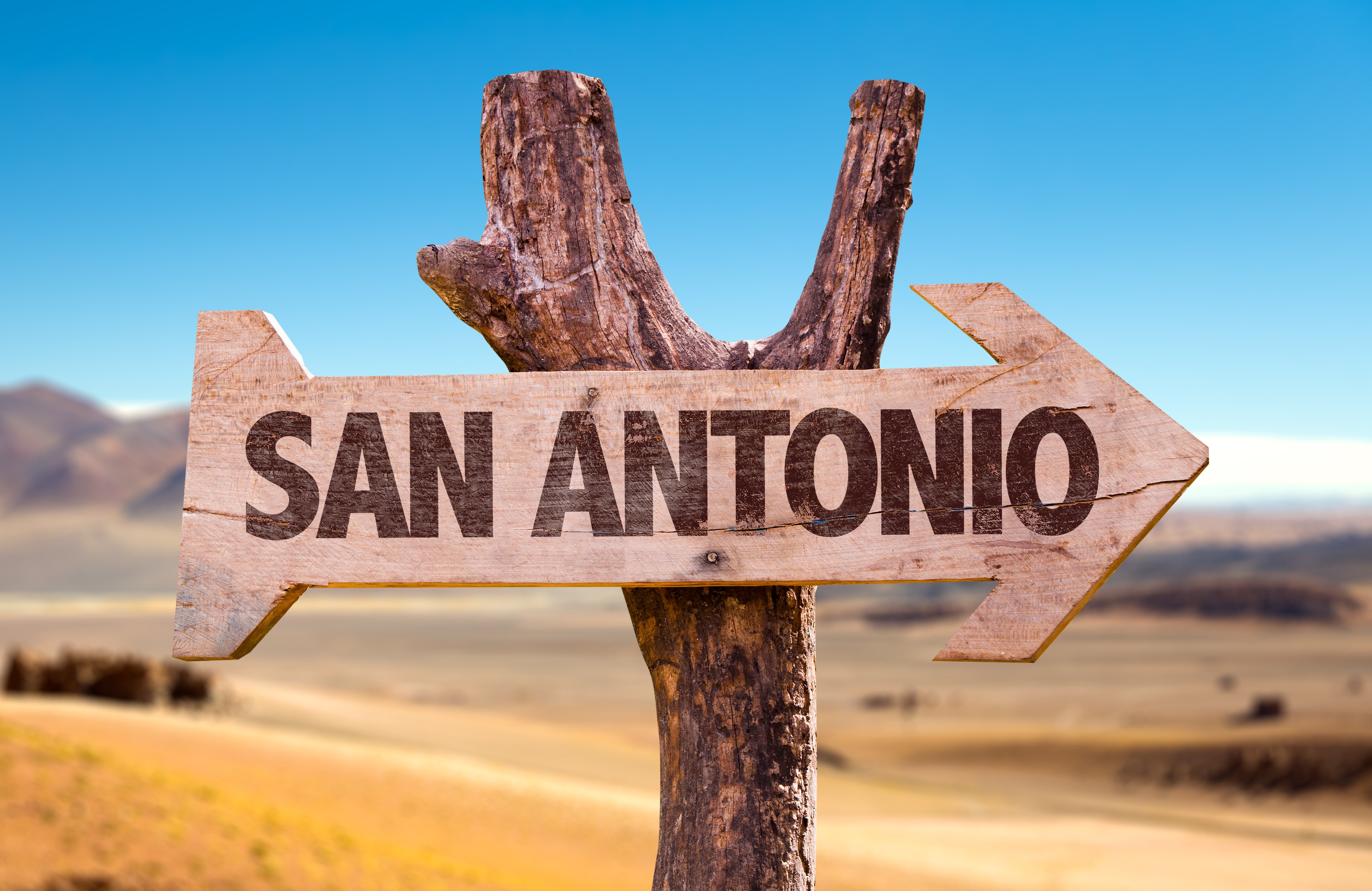Horseback riding has been around for a long time; beginning around 3000 BC in Central Asia as a significant innovation in transportation and a means of keeping up with larger groups of people. As a sport for both adults and children, it now includes many other mental and physical health benefits. The sensation of having to sit tall and proud while inhaling the fresh scent of nature is now more critical than ever for children's balanced and effective development. It is unquestionably a great way to keep children from being glued to screens and spending their time indoors, especially in this day and age when smartphones are as easy to obtain as possible. But what are the top benefits of horseback riding? Here are some ways that horseback riding can help your child.
What is Horseback Riding?
Horseback riding is the art of riding a horse or pony (a small horse) and controlling the animal's movement and speed with maximum effectiveness and minimal effort, typically for recreation or exercise.
Although horseback riding is more of an equestrian activity for adults that includes the disciplines of riding, driving, and valuing, it is not the same for children. Horseback riding is primarily a recreational activity for children.
What are the Benefits of Horseback Riding?
Your child can derive a number of benefits from horseback riding, whether they are trained or not. This activity gives us a wide range as listed below;
- Improved communication and social skills
One of the primary benefits of horseback riding for your children is socialization. While having fun, they can meet up with their peers or even communicate better with you or other adults. Because most horseback riding occurs at fairs, horse shows, trail rides, ranches, parks, horse farms, zoos, summer camps, and other similar locations, they are not always the only children present.
- Improved Physical and Mental Health
Several studies have linked physical activity, such as horseback riding, to optimal child mental development. This is because it provides a unique and challenging form of outdoor exercise that most other practices do not. It is unquestionably an excellent sport for improving health and fitness by requiring strength, stamina, and coordination.
- Gross and Fine Motor Skills
Riding a horse is classified as an Equine-Assisted Activity (EAA). EAA is the non-therapeutic benefits of being around horses that are used to enhance non-clinical activities. It has been reported that children who ride horses regularly show short- and long-term improvements in motor skill proficiency. It also aids in the treatment of impairments, functional limitations, and disabilities in children with neuromotor, developmental, and/or sensory dysfunction.
- Character Building
Working with animals, particularly horses, is one of the key benefits of horseback riding. Lessons on their natural habitats, foods they eat, and other primary animal care, and wanting to help them help extend studies to build empathy and compassion for them and the people around them. Your children will be engaged in academic content while also developing good morals.
5. Improved Riding Skills and PostureTo participate in horseback riding, one must be stable and still, mobile and flexible enough to move with the horse. Stability, proper posture, correct riding position, alignment, and stamina improve with time and regular riding. Most importantly, the aid of the skills in reminding the body of the proper sitting and standing position.
- Wholesome Fun
In this digital and technological age, children do little activity that does not involve staring at screens and spending most of their time indoors. This is most common among children growing up in cities. However, horseback riding provides an alternative to stationary activities such as TV watching, internet surfing, smartphone games, and other digital exercises. Riding exposes children to the beauty of nature, allows them to connect with their surroundings, get plenty of fresh air, and instills other healthy habits. All of this is done while meeting new people.
What is the Difference Between Horseback Riding for Kids and Adults?
The benefits of horseback riding for adults and children are more similar than they are different. The primary distinction between them is the size of the horses. Horses ridden by children are much smaller, and ponies are more commonly used in contrast to adult horseback riding, which uses fully grown horses.
Small horses or ponies used for horseback riding for children are usually less than 4 feet tall and have studier builds than most full-size horses, being heavier-boned and shorter-legged. This size and height make it far safer for children who are old enough to begin riding on horseback to ride around on them rather than on larger horses.
When is it Safe Enough for kids to Begin Horseback Riding?
Due to the technicality of horseback riding, it is recommended that children be at least five to six years old before attempting to participate in the activity. Even if the technicality is overlooked, they must be able to reach the stirrups with their feet. Keep in mind though, there are trainer-led horseback riding session in which a child is on a larger horse, but the horse is kept tethered or is led by a certified expert.
Younger children are welcome to participate, but they must be able to sit up straight and hold their heads up without assistance. This way, they can keep a firm grip on the saddle or the mane while you keep an eye on them.
They will be able to enjoy the benefits of horseback riding in this manner. You or the guardian in charge must always maintain control of the horses younger children use with little or no horse training.
Consider signing up for a free Camps With Friends account online OR you can also download our app from the app store.
Final Thoughts
Aside from the benefits listed in this article, horseback riding has additional benefits such as improving academic environments, boosting confidence, overcoming fears, learning respect and responsibility, problem-solving, and much more. The exercise is very versatile and can be done in a variety of ways; you will not be sorry if your children participate!





